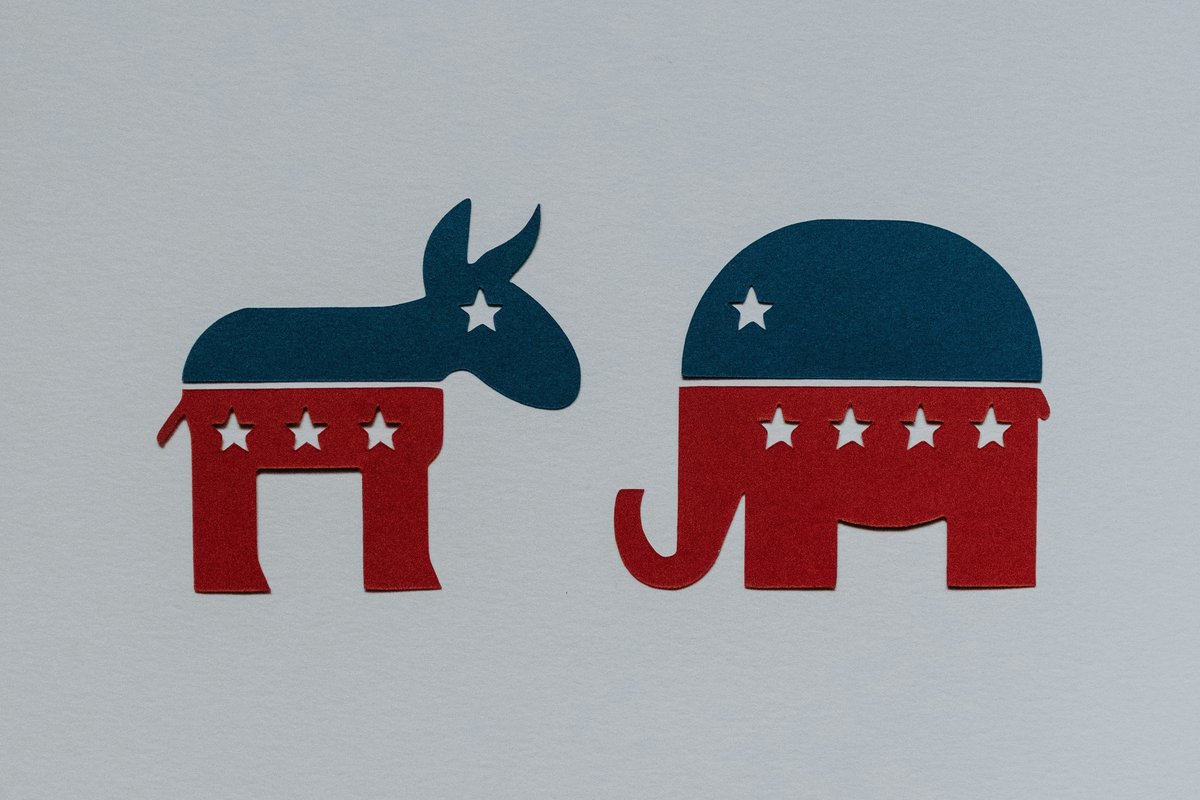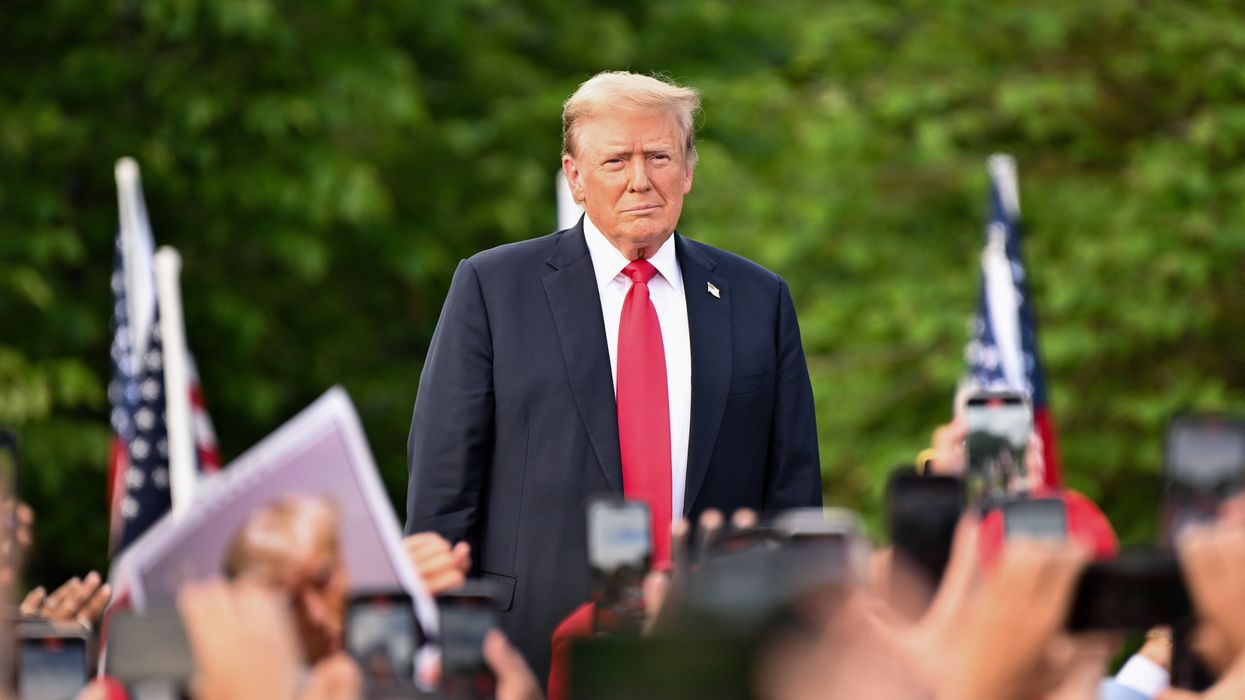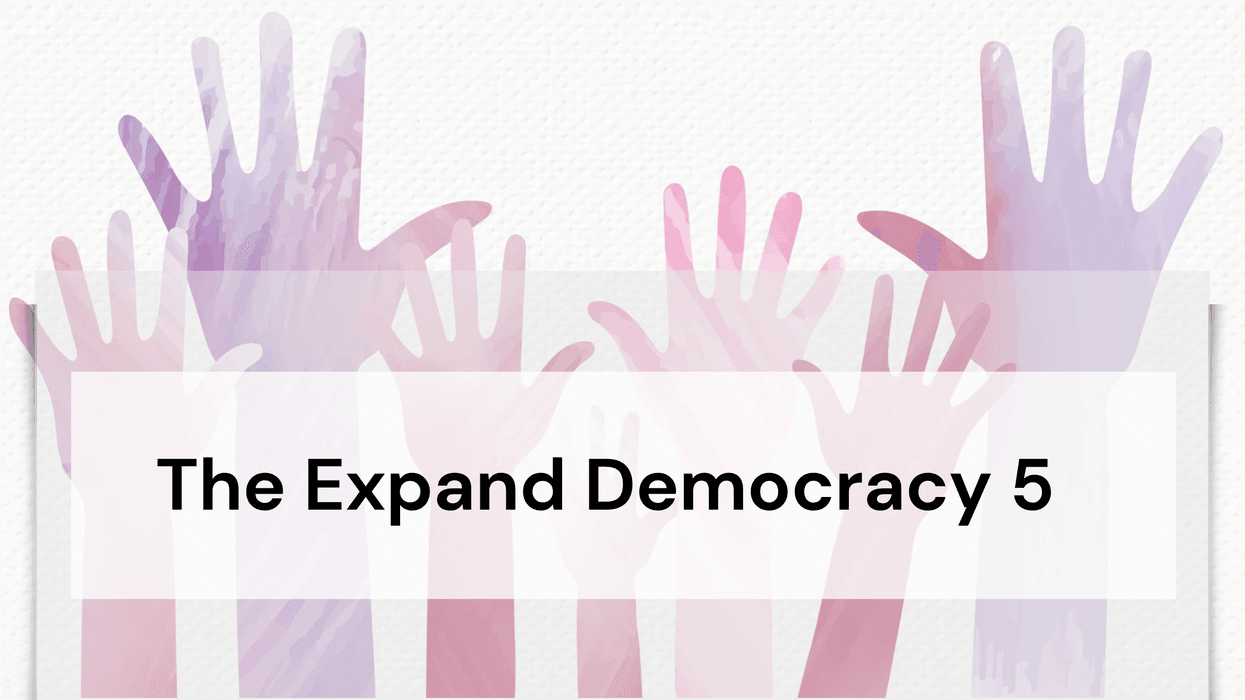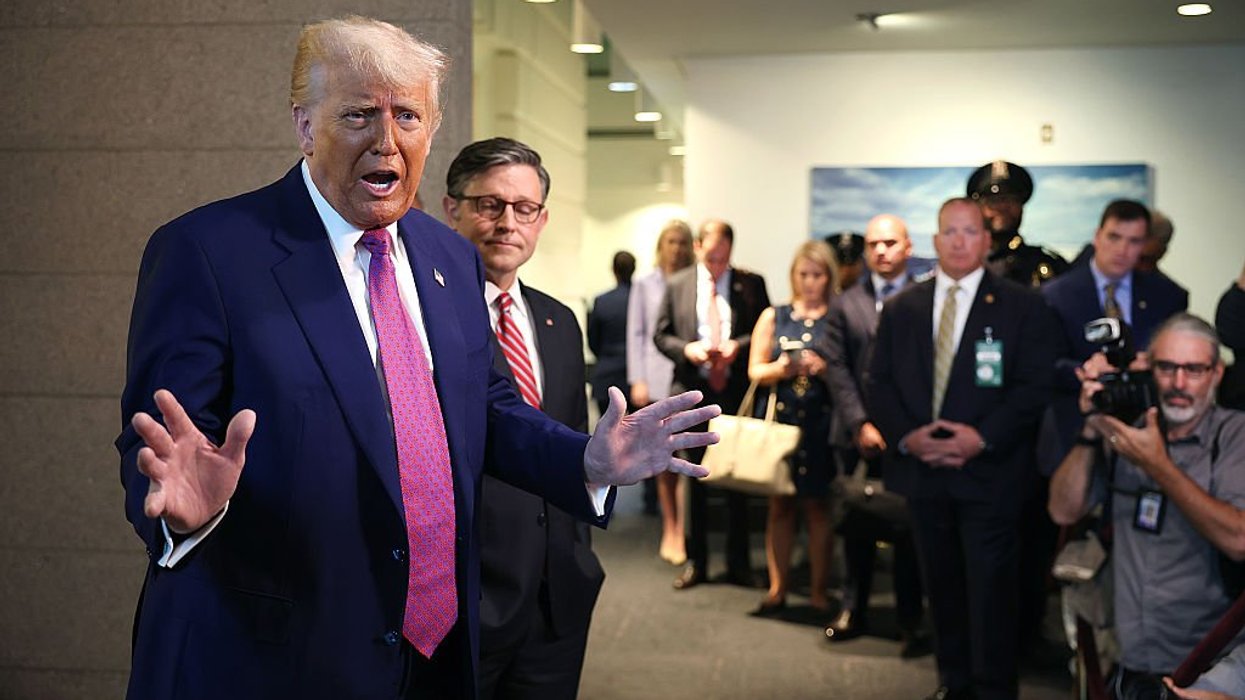Four Democratic senators have introduced a constitutional amendment that would abolish the Electoral College, an idea that's gaining traction among the party's progressives even though it has essentially no chance of happening.
Presidential candidate Kirsten Gillibrand of New York signed on to the proposal Tuesday along with party whip Dick Durbin of Illinois, top Judiciary Committee member Dianne Feinstein of California and Brian Schatz of Hawaii.
The Electoral College has been the focus of anger and frustration mainly on the political left and especially since President Trump won the presidency in 2016 by winning 306 electoral votes while losing the popular vote by 2.9 million ballots, a margin of 2 percentage points.
But a constitutional change would require two-third majorities in both the House and Senate and the support of 38 states — a non-starter given the nation's current political balance of power. Instead, most advocates of making the popular will dispositive in national campaigns are focused on the getting states to commit their electoral votes to the national popular vote winner.
So far states with 184 votes in the Electoral College have enacted laws committing themselves to the so-called National Popular Vote Interstate Compact, which only would take effect after states combining for more than a dispositive 270 electoral votes have signed on. Legislatures in another five states, with 32 electoral votes combined, have a plausible chance of signing on in the next year. But all the states committed or moving toward the compact so far are reliably Democratic or leaning that way.



















